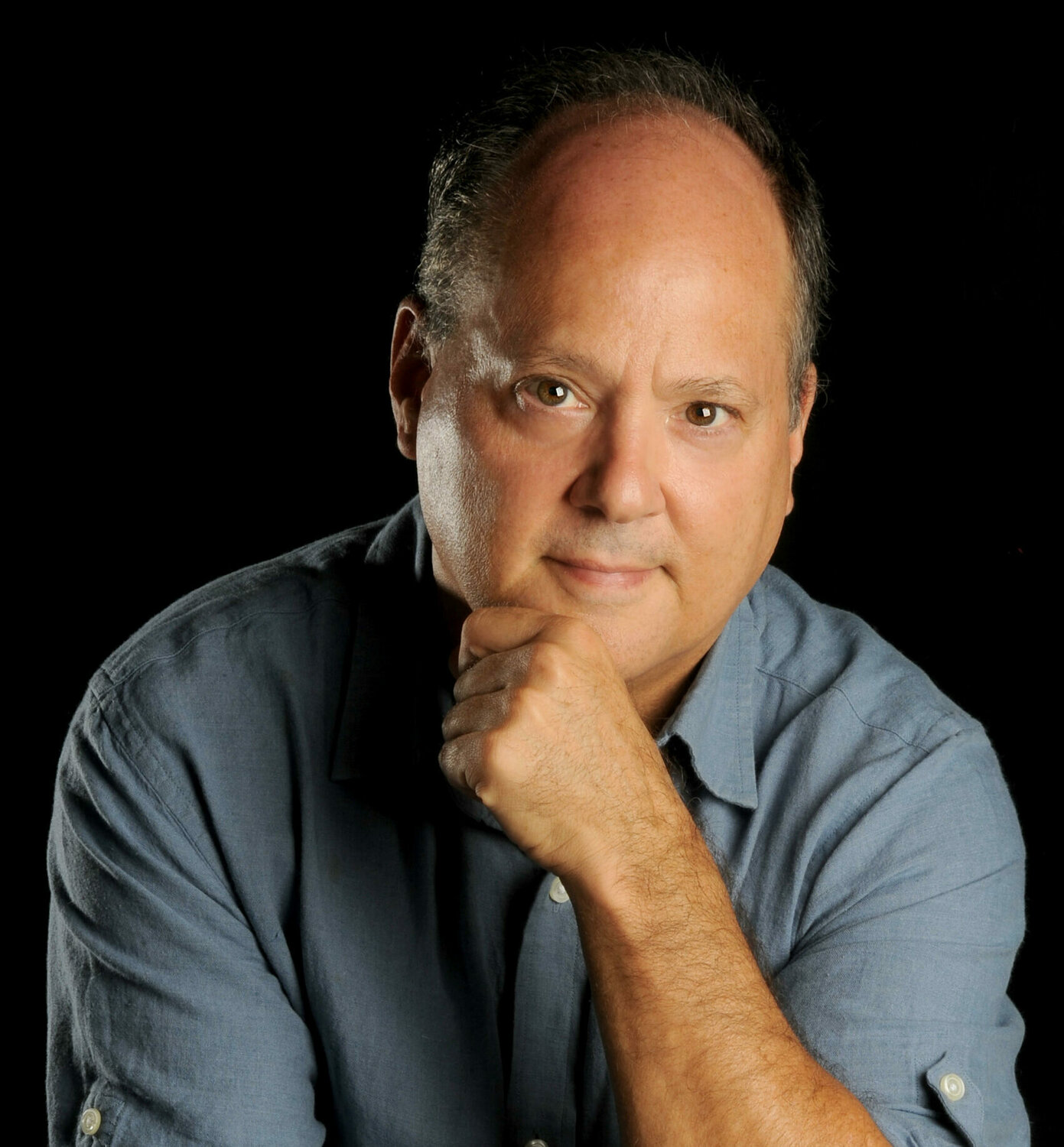By Ken Silverstein
Richard Haas’s book, The Bill of Obligations, is dedicated to the preservation of democracy and applauds those who put country before party or self-interest. In fact, he writes, the most serious threats to the survival of democracy come from within and what can become irreparable divisions.
Moreover, the deterioration of democratic ideals in the US may be a precursor to what may happen globally, giving oxygen to totalitarian states like Russia. “If democracy fails here, democracy will be threatened everywhere.”
Haas is president emeritus of the nonpartisan Council on Foreign Relations. He has served under one Democratic and two Republican presidents. This country has been a haven for immigrants fleeing persecution or seeking economic opportunity, an experiment with no guaranteed end.
“The United States, the world’s oldest democracy, is not immune to democratic retreat, a global trend over the past two decades,” Haas wrote. “What we don’t know yet is whether what happened in late 2020 and early 2021 is an aberration or a precedent.”
Democracy is an imperfect form of government. Despite the country’s proclamation that “all men are created equal,” it still struggles with massive inequality based on race, gender, and wealth. However, the American system certainly beats an authoritarian-style regime where critics are jailed or killed. US presidents do not rule by decree.
Haas came of age in the 1960s, when widespread protests against the Vietnam War and civil rights led to two political assassinations, one of the most difficult periods in US history. Nevertheless, the country recovered. There is a “social contract” between the government and the governed that accepts some restrictions on freedoms in exchange for social order and physical security. Chosen leadership, however, requires sacrifice and those who seek the greater good.
Haas wrote that the most obvious contradiction of those national values was the rejection of some of the results of the 2020 presidential election, calling the race “extremely free and fair.”
Violence can take many forms. While a second civil war is unlikely, armed and decentralized groups connected through social media can organize. Asked if he opposed the physical attacks, Haas said without hesitation that political violence is never acceptable. “History is full of examples of dead democracies.”
The ultimate question is whether the country can heal its divisions and move forward. The nation recovered after Nixon resigned, turning to Jimmy Carter, who became a symbol of virtuosity. But Carter was also challenged, delivering his crisis of confidence speech that paid tribute to the people’s loss of faith in their government.
The U.S. recovered again, reaching unparalleled prosperity. However, the 2001 attack on the World Trade Towers and the Pentagon, followed by the Great Recession, further tested American resilience. As before, the nation slowly rose and regained a sense of purpose. Many people were left behind, leaving them prey to populist politicians.
Michael Hogg, a professor of business law at Tulane University, said history has often been kind to the unscrupulous and unrepentant. In a healthy democratic society there may be painful moments, but in the end the greater good prevails. A weakened democracy, on the contrary, does not have these guarantees.
To this end, the United States persevered for 248 years. With its wealth of human, intellectual and financial resources, we have put in place the essential elements to enable the nation to rebuild and continue the tradition of goodwill and prosperity.
Such a rebound is not a given. Haas says the framers designed the U.S. system for 3 million people — about 1 percent of the current population.
Today, the political process rewards extremism. The author suggests open primaries where candidates must moderate their views to gain consensus. Still, he places a responsibility on voters to be informed and on schools to give children a good understanding of civil society, civility and American history — to distinguish fact from fiction. Debate is healthy, but deception and dishonesty are not.
Haas said that while politicians may not always be in charge, they are consistently responsive, a characteristic that can lead them to put the national interest above all else.
Editor’s note: Ken Silverstein has covered energy and the environment for years. Reader reactions, pro or con, are welcome [email protected]
Keywords
democracy,
Richard Haas,
extremism,
The Law of Obligations,
Jimmy Carter,
Great Recession,
usa history,
political process

